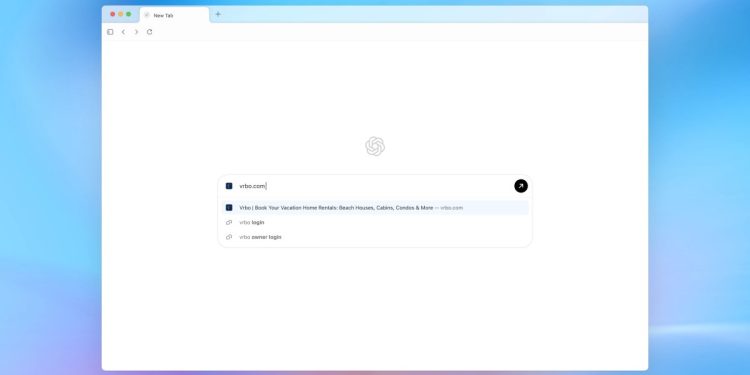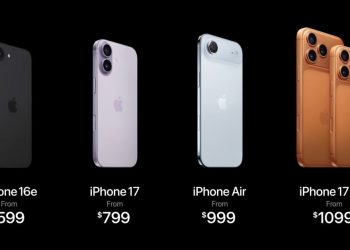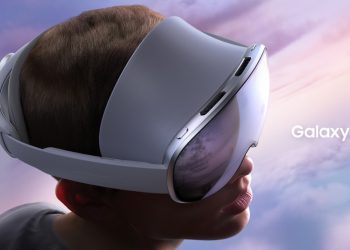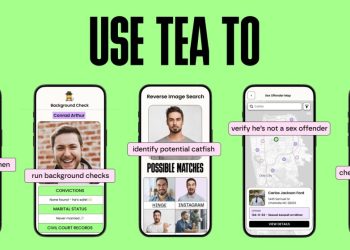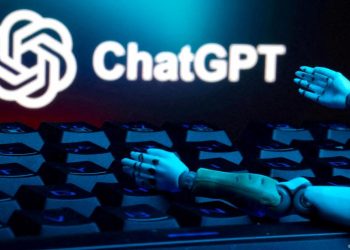OpenAI unveiled its AI browser, ChatGPT Atlas, during a livestream on Tuesday. There are other AI browsers such as The Browser Company’s Dia, Opera’s Neon, Perplexity’s Comet, and General Catalyst-backed Strawberry. OpenAI’s launch is notable because of the sheer scale of potentially reaching 800 million of its weekly ChatGPT users. For the company, the browser is much more about keeping ChatGPT central than improving web browsing.
Although Atlas is currently only available on Mac, the company is already working on bringing it to Windows, iOS, and Android – all surfaces where ChatGPT already exists. OpenAI also made the browser available to all users instead of opting for an invite system like its competitors. The main proposition of the browser is that you consider ChatGPT as the first interaction surface for search and answers instead of Google.
All AI browsers share a similar idea about search and Q&A. Instead of performing a search query, you would type something into your address bar to get answers from an AI chatbot, instead of visiting link pages.
And OpenAI, like other browser makers, believes Atlas will change the way you browse the web, as Sam Altman made clear at the launch. “We think AI represents a once-a-decade opportunity to rethink what a browser can be, how to use it, and how to use the web in the most productive way possible. Tabs were great, but there hasn’t been much innovation since then,” Altman said in his keynote.
Technology leaders, including Sundar Pichai and Satya Nadella, have talked about AI as a platform shift. However, for consumers, phones and desktop operating systems remain the primary means of accessing their AI tools. OpenAI wants to own as much of ChatGPT’s distribution channels as possible. Last week, Meta closed its doors to third-party chatbots, including ChatGPT and Perplexity on WhatsApp, which has more than 3 billion monthly users. This essentially means that platform owners could put the brakes on distribution at any time.
For OpenAI, Atlas will also present the opportunity to deeply integrate ChatGPT and other products better than other platforms. Users can directly reference multiple websites instead of posting links to ChatGPT. The company already uses a headless browser for its agent. With Atlas, he could have more control over the functionality. It has already integrated a hovering writing assistant that appears in text fields.
Additionally, the company is working on integrating its App SDK, which allows you to call other apps in ChatGPT, to improve visibility.
Techcrunch event
San Francisco
|
October 27-29, 2025
The memory feature is also essential for experienced ChatGPT users. The feature takes into account browsing history, as well as your ChatGPT history, to provide answers with that context in mind. You can ask: “What working document was my presentation plan on? » and ChatGPT will retrieve this link for you. This also means that ChatGPT gets more context about you as you spend more time in the browser. OpenAI can use this context and provide it to other applications when it begins to deploy at scale. Log in with ChatGPT.
Both features – making ChatGPT the default search option and enabling memory – are designed to collect more user data, giving OpenAI better insight into user behavior and enabling better product development. The browser does not have an ad blocker, VPN, reading mode or translation feature to improve the browsing experience of a site. Instead, users must ask ChatGPT to summarize content or find something on a page – as if opening a page is designed to give ChatGPT more context rather than to help users consume the page’s content.
In contrast, Arc from The Browser Company offers useful ideas for revamping the browser experience, like using AI to rename downloaded files or personalizing a web page by letting you remove elements.

The result is much more than just a browser; it’s a broader canvas for ChatGPT itself. Fidji Simo, CEO of OpenAI Applications, outlined this idea in his blog describing the launch of Atlas.
“When we first launched ChatGPT, we didn’t know how people would use it. Now that we have feedback and signals from hundreds of millions of people around the world, it’s clear that ChatGPT needs to become much more than just the chatbot it started out as. Over time, we see ChatGPT evolve into the operating system of your life: a fully connected hub that helps you manage your day and achieve your goals at long term,” Simo said.
The big question for OpenAI is how to get users whose default browser is Chrome, Safari or Edge to switch to its own browser and take market share out of the hands of Google, Apple and Microsoft. OpenAI is seeing steady growth in the number of people using ChatGPT. But it’s not yet clear whether an average user would want to mix their browser and chatbot experience. Chrome succeeded because it was fast and people wanted to use Google queries as their default Internet startup experience. ChatGPT Atlas is perfect for users who have replaced Google with ChatGPT, but to replace Chrome, OpenAI needs to make sure billions of users get into the habit.


